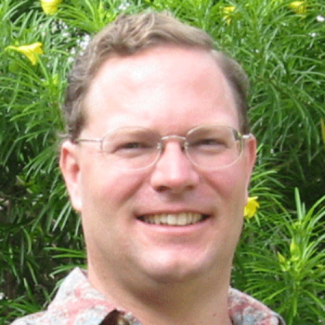
Dr. Jordan Clark's research is focused on understanding hydrological and geochemical interactions that occur near the earth's surface and the effects of external anthropogenic and climatic forcing on these interactions. He uses geochemical tracers (both trace solutes and isotopes) in his investigations of earth surface processes. During the last decade, isotope hydrology as a sub-field has matured significantly and can now be used to addresses a significant number of new problems relating to hydrology and near surface processes.
He believes it is important to work on fundamental aspects of regional environmental problems and he spends a considerable amount of time on this type of research. His graduate studies on the Hudson River and, more recently, his research on Managed Aquifer Storage in California and aspects of the study on natural marine hydrocarbon seepage are examples of this effort. The remainder of his research time is spent examining geochemical problems related to global cycles and climate change (both recent and glacial/interglacial). His research on the hydrochemistry of springs, paleo-proxy data stored in groundwater, and methane emissions from hydrocarbon seepage illustrate this effort. Although his work examines problems in different environments, it is united by a common set of questions: how do transport processes affect water chemistry and quality and what are the impacts of climate change and other anthropogenic forcing on water chemistry and flow.
Research
Research interests lie in the general field of aqueous geochemistry and center on:
- the transport of water and dissolved material in groundwater, surface waters, and the coastal ocean;
- how flow patterns affect water quality;
- gas exchange across the air-water interface;
- climate change during the last 30,000 years. These questions are examined using experiments conducted by introducing chemical tracers into the water bodies, plus analysis of flow patterns, residence times, and mixing rates inferred from the distribution of natural and anthropogenic tracers.
Research Topics
- Impact of natural marine hydrocarbon seeps on the regional environment and global methane cycle. For more on seeps, surf to the Seeps website.
- Groundwater flow near Aquifer Storage and Recovery sites.
- Chemical evolution of the shallow groundwater.
Education
- Ph.D., Columbia University, New York City, 1995
- M.A., Columbia University, New York City, 1991
- B.S., Yale University, New Haven, Connecticut, 1988
Courses Taught
- ENV S 141: Chemistry of Global Change
- ENV S 168: Aqueous Transport of Pollutants
- ENV S 169: Tracer and Contaminant Hydrology